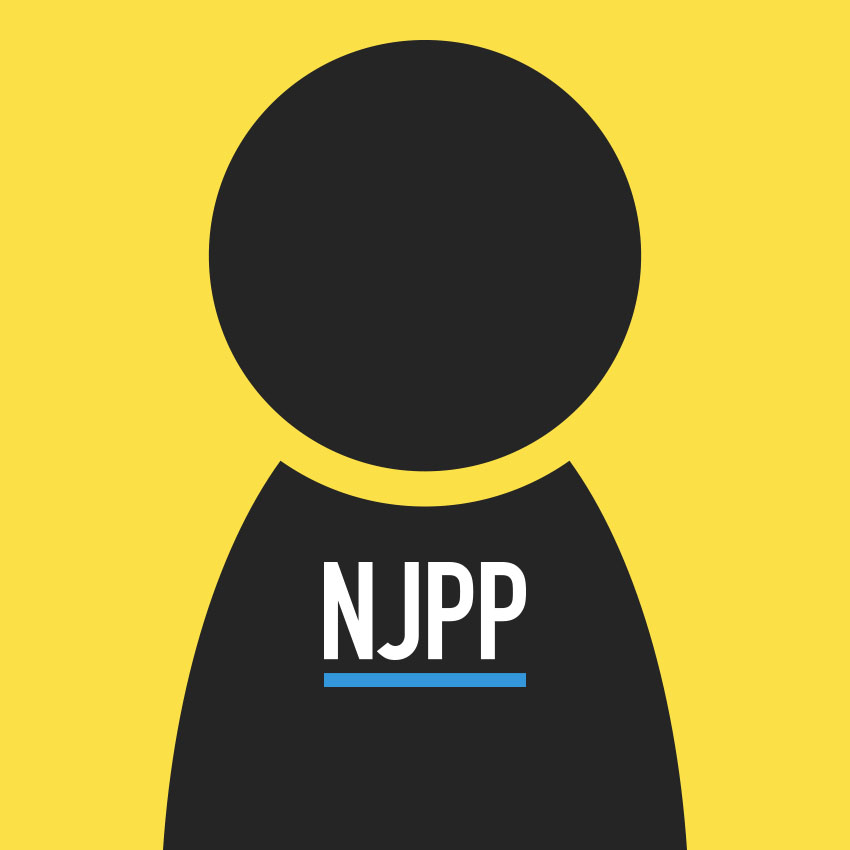By increasing income tax rates on New Jersey’s wealthiest households, the state could raise over $1 billion a year to help build strong communities and invest in working families across the state, according to a report released today by New Jersey Policy Perspective (NJPP). The report finds that New Jersey’s personal income tax has not kept up with the times, depriving New Jersey of resources needed to build widely shared prosperity.
Specifically, the NJPP report proposes adding four brackets to the state’s income tax and increasing rates on the state’s wealthiest 5 percent of households. The proposal is modeled on successful reforms put in place by California in 2012.
“Like California six years ago, New Jersey faces tremendous financial challenges. Our budget is stretched beyond capacity, we have chronically underfunded services that are critical to families in need, and we’ve failed to make the kinds of sound public investments in infrastructure and education that can ensure our economy is strong going into the third decade of the 21st century and beyond,” said Sheila Reynertson, NJPP senior policy analyst and author of the report. “This proposal alone will not solve the state’s fiscal crisis, but it is a substantial yet sensible step in the right direction.”
NJPP’s proposal would also combat growing inequality in New Jersey, where too few families prosper while too many families struggle to get by every day.
Today, the most well-off New Jerseyans hold a greater share of the state’s income than they have in nearly a century, thanks to decades of unequal economic growth, creating an off-balance economy in which many middle- and lower-income New Jerseyans face barriers to economic opportunity. In fact, New Jersey’s top 5 percent of households now have average incomes that are 15.6 times larger than the bottom 20 percent of households, ranking 7th in the country for income inequality. Recent state tax policy changes have exacerbated this trend, making it harder for New Jersey to foster the kind of investments that expand the middle class and help narrow that gap.
“Those at the very top, who have greatly prospered in the past decade, have a responsibility to pay their fair share and ensure our state and our society has a strong foundation for the future,” added Reynertson.
The report is the third of a series of NJPP reports digging into the details of state tax reforms that can help end New Jersey’s fiscal crisis while promoting shared prosperity and furthering economic justice in the Garden State, and it comes as the major-party candidates for governor continue to have a spirited public debate over taxes.
Earlier reports in the series:
- May 2017: It’s Time for New Jersey to Rebalance the Economic-Development Scales (focus on corporate tax breaks)
- June 2017: Fairly and Adequately Taxing Inherited Wealth Will Fight Inequality & Provide Essential Resources for All New Jerseyans (focus on the estate and inheritance taxes)

